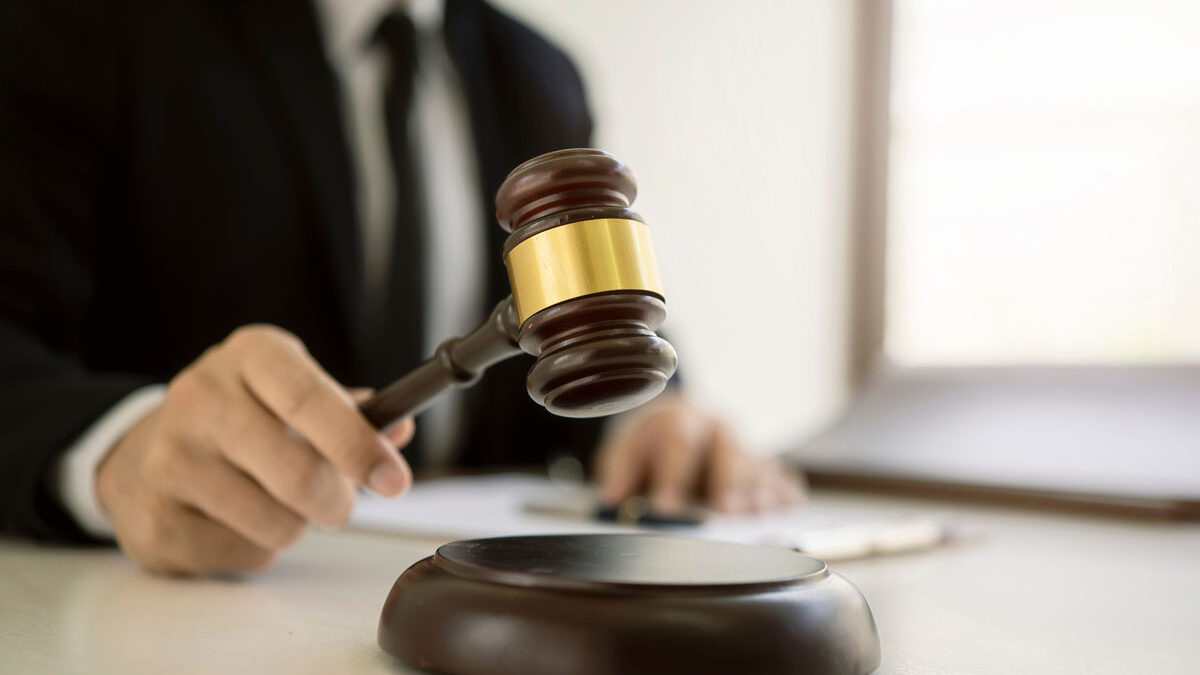On a frigid Friday afternoon, Justice Paul Rouleau released his report into the federal government’s use of the Emergencies Act in February of last year. The legislation was passed in 1988 but this was the first time that it was ever put into action. The federal government invoked the legislation after the “Freedom Convoy” had occupied the capital city for weeks, disrupting commerce, traffic, and the daily life and safety of Ottawa citizens. There were also parallel activities in other cities across the country, including in Coutts, Alberta where, as the report explains, the situation “was notable for its duration, complexity, and volatility.” Justice Rouleau found that the federal government met the threshold for the legitimate use of the Emergencies Act. Politically, this is helpful for Prime Minister Justin Trudeau (more on this later) and, from a governance perspective, the Commission’s work fulfills the legislative requirement for transparency and accountability when emergency measures are taken. However, the true heft and significance of the report is in the light it sheds on the following issues: the factors that led to the occupation in the first place, including the rise of populism in Canada; the breakdown of communication between governments during an emergency; and, the difficulties in coordinating policing operations during the occupation. This report should not collect dust on a shelf but, instead, should guide discussions and decisions on how to prevent a repeat of history and, if necessary, how to respond to an emergency like this one.
Justice Rouleau’s report explains how the “Freedom Convoy” got started. It was not simply or uniquely a response to the application of the vaccine mandate for cross-border truckers. Instead, the seeds were planted even before the COVID-19 pandemic, as many people became increasingly disenchanted with government institutions and fearful for their financial futures. This, of course, is congruent with the constituency that Conservative leader Pierre Poilievre hopes to harness in the next election. Justice Rouleau explains that the movement that comprised the “Freedom Convoy” was not homogenous. There were many people who wanted to come and say their piece peacefully, but there were also some participants with more sinister intentions. Therefore, this was not a peaceful protest in the end, though some tried to claim it as such.
In Rouleau’s view, Prime Minister Trudeau’s comments about the lunatic fringe didn’t help matters, nor did the Ontario government’s absence from key strategic discussions between orders of government. In emergency management in Canada, the principle of capacity applies. When the capacity of the local government is overwhelmed, the province is expected to take over, and then the federal government. But Ontario Premier Doug Ford was troublingly absent from Ottawa during this time. The approach from the province was to define the emergency as both local and national in nature, with no provincial role. This line of thinking made political sense for Premier Ford who was months out of a provincial election and did not want to risk alienating supporters of his who either participated in or sympathized with the “Freedom Convoy.” To make matters worse, Premier Ford and Deputy Premier Sylvia Jones were both summoned to testify at the Public Order Emergency Commission hearings and both refused to show up, citing parliamentary privilege to protect them.
Justice Rouleau pointed to shortcomings in the police response, including deficient information and planning, that exacerbated the situation and contributed to the development of a critical situation that required the use of the Emergencies Act. The report offers 56 recommendations, including changes to the act itself, which the government ought to treat seriously so that the work of the Commission is not in vain. Even if the Commission had found that the government had gotten it wrong, there would have been no legal implications – though the political consequences would have been significant. Opposition parties would be wise to hold the government to account for making the kinds of changes that would protect us against another Freedom Convoy in the future. Factors including how we define national security, how we share intelligence, and how we monitor social media developments should be captured in a renewed piece of legislation that is equipped to respond to evolving security threats. The current minority Parliament should make this a priority before the next election.

